10 Creative DIY Garden Planters for Your Outdoor Space
Transforming your outdoor space into a vibrant oasis doesn’t require a fortune. With a dash of creativity and some readily available materials, you can craft unique and personalized DIY garden planters that reflect your style and add charm to your garden. From repurposed items to innovative designs, the possibilities for creating stunning DIY planters are endless.
The Significance of DIY Garden Planters
DIY garden planters offer more than just aesthetic appeal; they provide a tangible connection to nature and a sense of accomplishment. Crafting your own planters allows you to express your creativity, customize sizes and styles to suit your plants’ specific needs, and contributes to a more sustainable lifestyle by repurposing materials. Plus, it’s a budget-friendly way to enhance your garden without breaking the bank.
Trending DIY Garden Planter Ideas
Current trends in DIY garden planters embrace natural materials, upcycled items, and vertical gardening solutions. Think repurposed wooden pallets transformed into vertical herb gardens, old tires painted in vibrant hues, and tin cans adorned with decorative patterns. These trends highlight the beauty of repurposing and encourage sustainable gardening practices.
10 DIY Planter Projects to Inspire Your Outdoor Space
Here are 10 creative DIY garden planter ideas to get you started:
1. Repurposed Pallet Vertical Garden
Transform a discarded wooden pallet into a charming vertical garden. Sand and stain the pallet, attach sturdy hooks, and hang small potted plants or herbs. This is ideal for small spaces and adds a rustic touch.
2. Colorful Painted Tire Planters
Give old tires a new lease on life by painting them in vibrant colors and planting flowers inside. Stack multiple tires for a tiered planter or use them individually for a pop of color.
3. Decorative Tin Can Herb Garden
Decorate empty tin cans with paint, fabric, or decoupage paper to create personalized herb planters. Drill drainage holes in the bottom and hang them on a wall or fence.
4. Hanging Gutter Garden
Attach sections of rain gutter to a wall or fence to create a unique horizontal garden. Drill drainage holes and fill with soil and your favorite plants. This is an excellent option for shallow-rooted plants like succulents.
5. Wine Crate Planter Box
Repurpose old wine crates into rustic planter boxes. Line them with plastic sheeting and add drainage holes before filling with soil. This provides a charming, vintage feel.
6. Mason Jar Herb Garden
Use mason jars to create a charming and practical herb garden. Plant herbs in the jars and attach them to a wooden plank or hang them individually. This is a classic and versatile option.
7. Plastic Bottle Vertical Garden
Cut and repurpose plastic bottles to create a vertical garden. Hang them on a fence or wall and fill them with soil and plants. This is a sustainable and cost-effective option.
8. Concrete Planters
Mix concrete and pour it into molds to create unique and durable planters. Customize the shapes and sizes to suit your preferences.
9. Old Boot Planters
Fill old rain boots with soil and plant colorful flowers for a whimsical and unexpected touch. This is a fun and quirky way to repurpose old footwear.
10. Teacup Succulent Garden
Plant succulents in vintage teacups for a delicate and charming miniature garden. This adds a touch of elegance and is perfect for small spaces.
Celebrating Creativity with DIY Planters
Creating DIY garden planters provides a wonderful opportunity to celebrate your creativity and connect with nature. It’s a rewarding experience to see your personalized planters come to life, enhancing your outdoor space with unique charm. Sharing your creations with friends and family, or even participating in local gardening events, can amplify this celebratory aspect.
Interesting Facts about DIY Garden Planters
DIY planters offer a range of benefits beyond aesthetics. They can improve drainage for specific plant types, reduce your environmental footprint through repurposing, and even help manage pest control by isolating affected plants. These functional advantages, combined with the creative aspect, make DIY planters a truly rewarding endeavor.
Frequently Asked Questions
What are the best plants for DIY planters?
The best plants for DIY planters depend on the size and material of the planter, as well as the amount of sunlight the location receives. Herbs, succulents, annual flowers, and small vegetables are generally good choices.
What materials do I need to create DIY planters?
The materials you’ll need vary depending on the project. Common materials include repurposed items like pallets, tires, and cans, as well as paint, soil, drainage materials, and basic tools.
How do I ensure proper drainage in my DIY planters?
Proper drainage is essential for healthy plant growth. Ensure your planters have drainage holes and consider adding a layer of gravel or rocks at the bottom to prevent soil compaction and improve drainage.

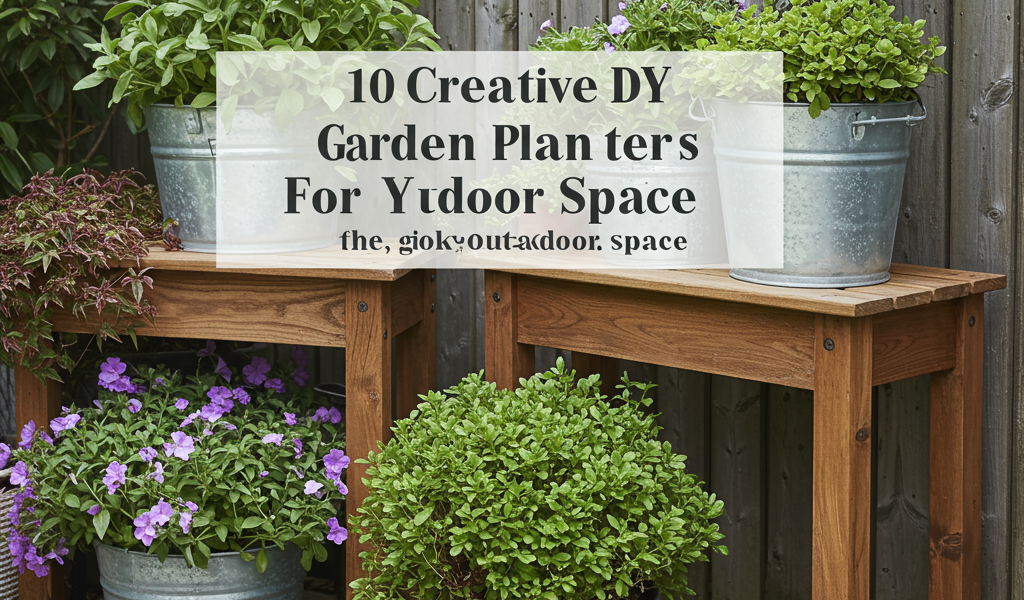
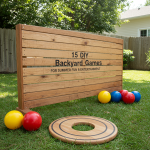
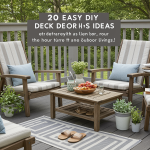
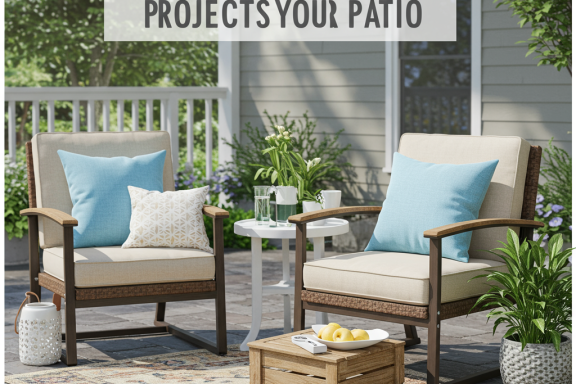
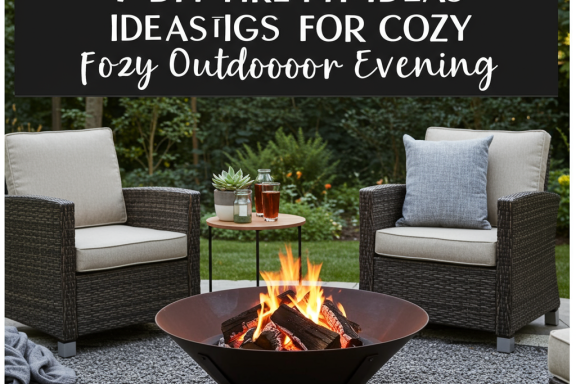
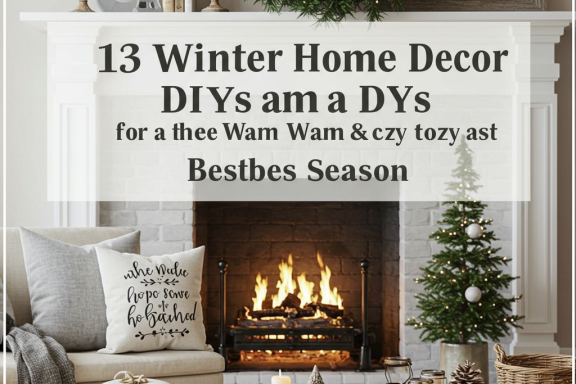
No Comments